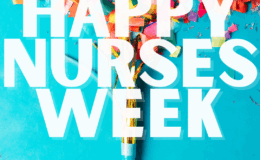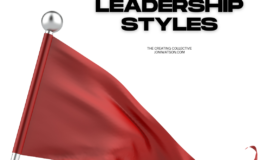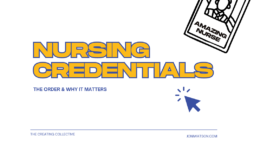A friend was expressing her concern and frustration today as she described recent encounters with nurses and other healthcare professionals. Over and over again she pointed to situations in which nurses lacked appropriate knowledge for care. I couldn’t dispute it. Some of her examples made me question the nurses, as well. She and her boyfriend are well-educated and strong advocates for their own health. As she briefed me on her healthcare “adventures,” it made me afraid for those patients who do not advocate for their own health or who do not understand or care about what their healthcare professionals are doing throughout care. She ended with, “What can you do? You’re at the mercy of a nurse, you know?”
Pause.
I couldn’t escape the strange dichotomy. Despite the ongoing debates, nurses are often referred to as “angels of mercy.” Yet, my friend is right. Patients are at the mercy of a nurse, the nurse’s knowledge, the nurse’s varied skill set. Even when patients are educated and self-empowered, it is still the nurse coordinating care. Now, as the most trusted profession for the 11th year, nurses generally work professionally to continuously improve their own care. I have never met a nurse who wants to provide inadequate, incompetent care. Never. Yet, it happens. Nurses (and physicians and all other healthcare professionals on the planet) have knowledge and practice deficits, and many times our patients teach us more about idiosyncrasies of their disease processes or meds in a few moments than we could have gleaned in pages of reading.
So, yes, patients are at the mercy of a nurse, but that nurse wants – needs – to provide competent care. Ask questions. Throw in your two-cents. Nurses are human. Healthcare professionals are prone to error. Patients are part of the healthcare team, too. I am so proud of my friend and her boyfriend who continue to advocate for their own health because, in the end, it is their health.
What do you think?






Jody Schoger
May 17, 2011 9:15 pmI think a lot about this, as you know! Not only do I have a respect for nurses and the incredible asset they can be to an excellent health care outcome — I also see how difficult it is to attain excellence in the day-to-day practice of internal medicine or family care. In this field, in our local communities, there’s a lot of improvement to be made.
Coming to the my family practioner informed, as my own advocate in the community setting is essential. If the nurse is chomping on gum and tapping her foot as she stares at the computer and updates the chart with info I relayed two years ago, I long for the days when it seemed simpler. I hold my questions and comments. I double check any piece of paper she hands to me. I triple check with the doctor, when her hurried five-minute whirlwind begins.
But if – as is my experience as a cancer survivor and co-survivor at M.D.Anderson continues to affirm – I’m engaged with APN or RN monitoring my husband’s surgical progress — I am amazed with what I learn.
I wish we had easier answers…a ten-point checklist to make this work for everyone. All I know for sure is that it’s important for us to work together, without losing hope, without becoming cynical – because lives truly are at stake.
Thanks, Joni, for all you do. My father talked me out of going to nursing school when I was in college, and surely there are times I regret this. But it doesn’t keep me from trying to help the platform.
jms